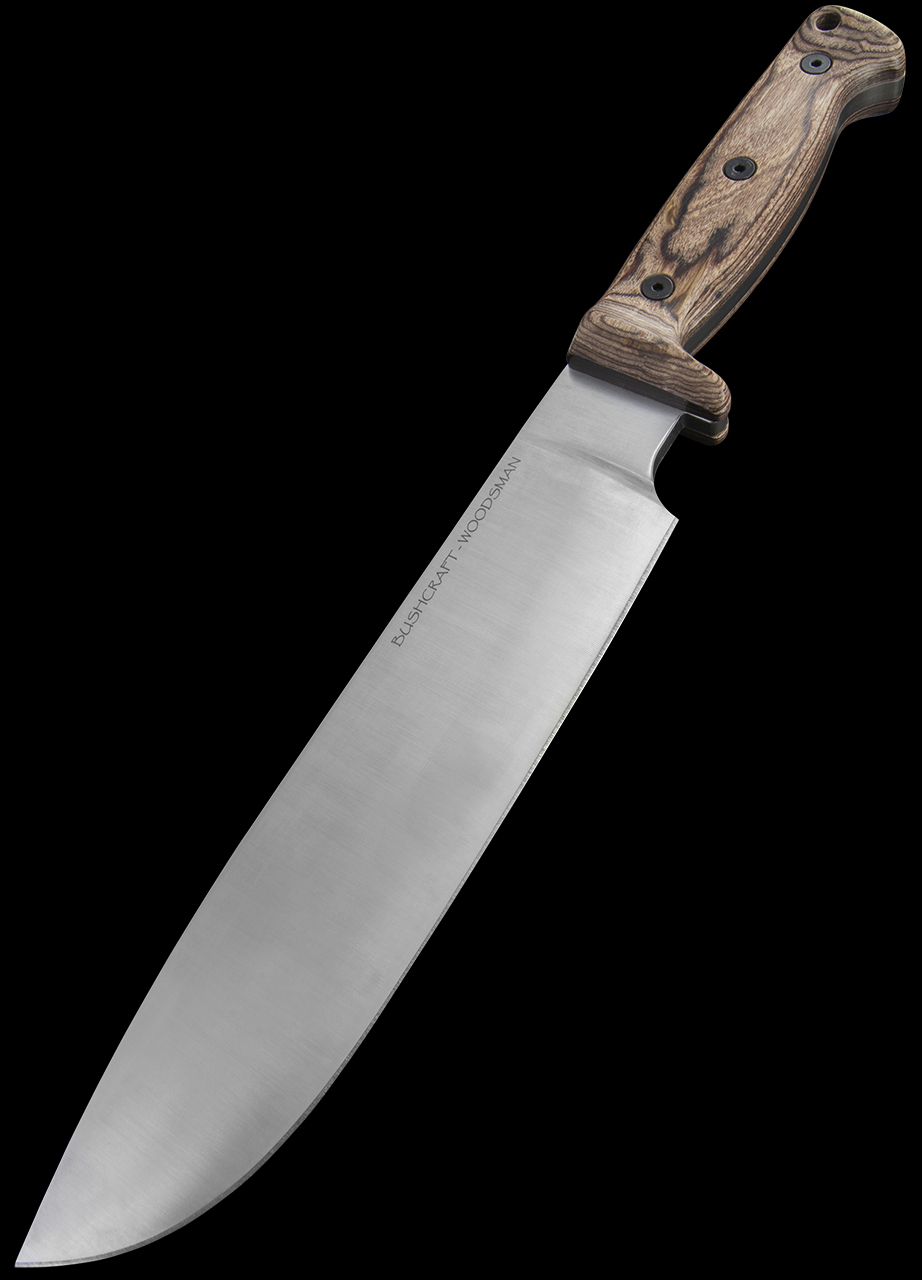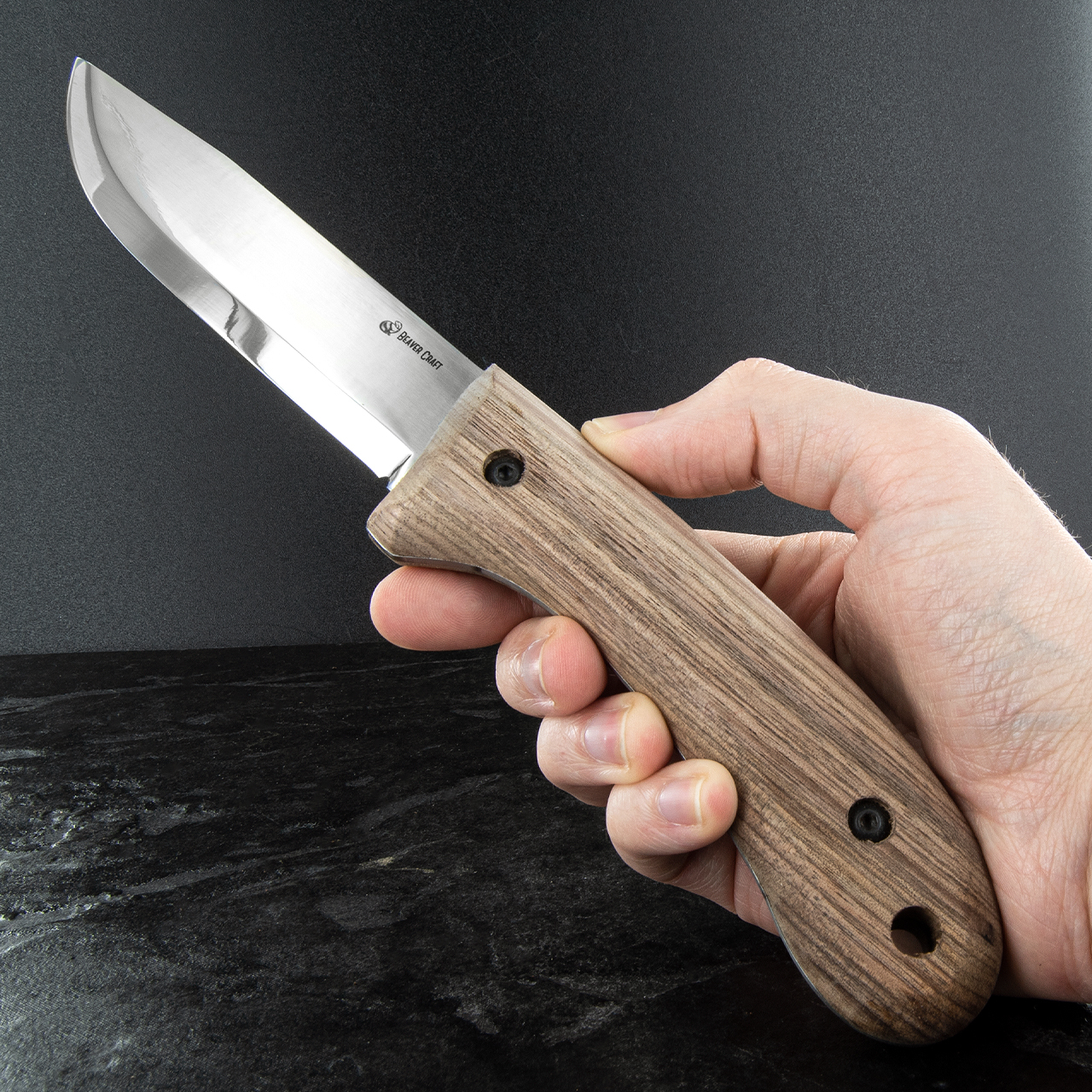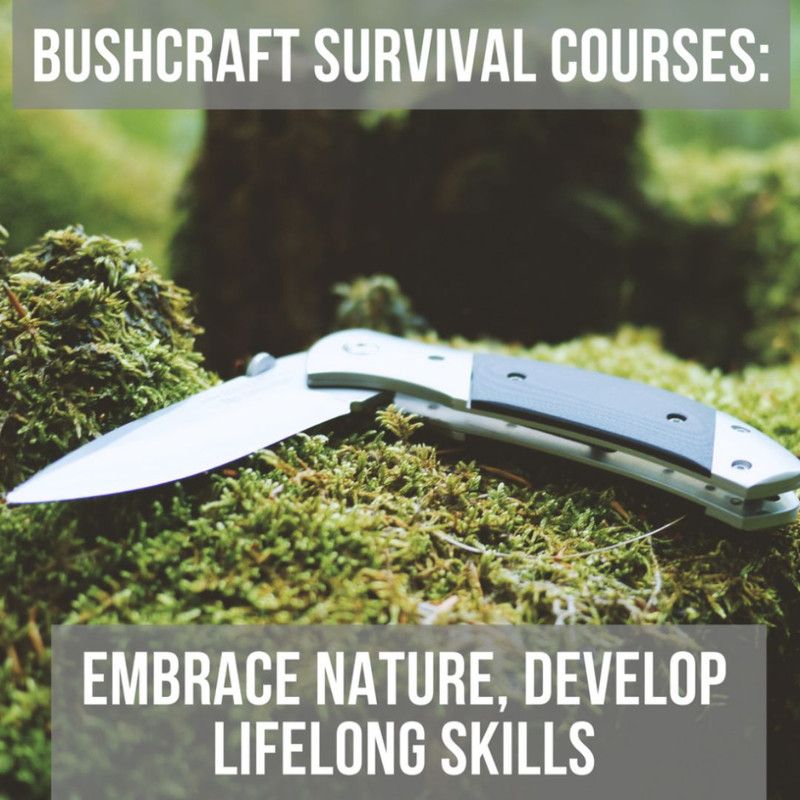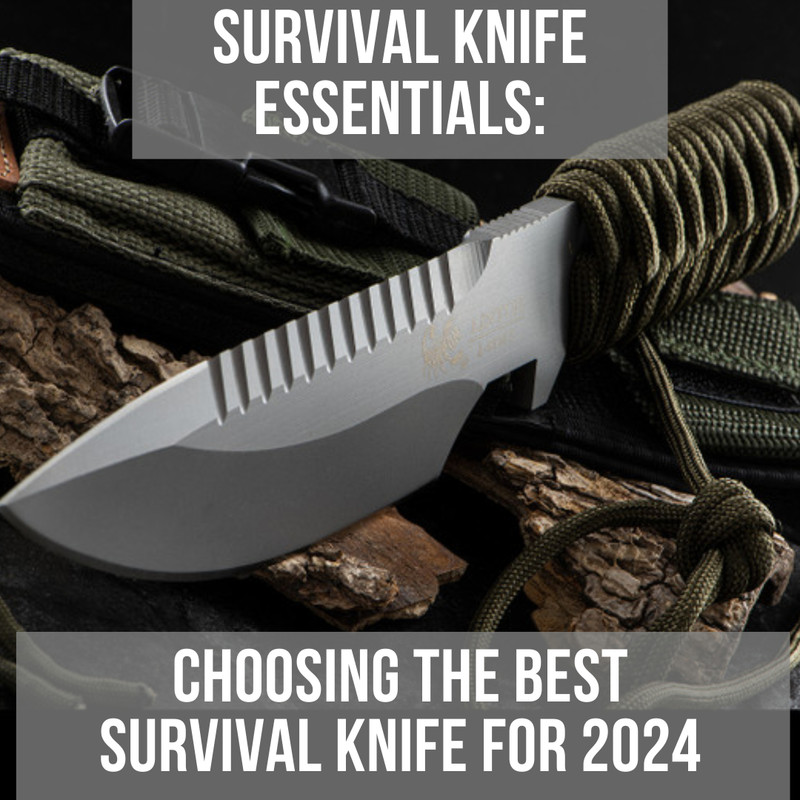Bushcraft Survival: Embrace Nature, Build Skills
Posted by HH on 8th Jan 2024
Explore the untamed and embrace nature through bushcraft and survival courses. This is about reconnecting with primal instincts, rediscovering nature and gaining lifelong skills in a safe and controlled manner.
Table Of Contents
- Exploring bushcraft and survival courses
- Diverse learning experiences in different settings
- Nurturing respect for nature
- Finding the right course for you
- Benefits beyond survival skills
- Unpacking types of bushcraft and survival courses
- The family bushcraft weekend experience
- Qualifications and certifications in bushcraft
- Survival instruction: experience counts
- Cookery qualification: a tasty element in survival
- Mastering essential skills through course content
- Wilderness living skills training
- Shelter building and fire lighting skills
- Axe skills: more than just chopping wood
- Essential gear and equipment for bushcraft and survival
- Exploring the wilderness with cookware
- Hats: a battle against the elements
- Insect repellents: an unseen shield
- The importance of a fire starter kit
- Frequently asked questions (FAQs) in relation to bushcraft and survival courses
- What is the difference between a bushcrafter and a survivalist?
- What is the difference between survival skills and bushcraft?
Exploring bushcraft and survival courses in the UK
Bushcraft and survival courses are a fantastic way to experience nature, learn vital skills and have fun at the same time. These wilderness living skills can transform your relationship with the great outdoors.
The UK is blessed with a variety of natural environments that offer perfect settings for bushcraft training. From the Scottish Highlands to England's green forests, the shores of Northern Ireland, and the Welsh mountains, there’s no shortage of picturesque spots where you can hone your bushcraft skills.
Diverse learning experiences in different settings
No two bushcraft courses are identical - each one presents unique learning experiences catering to different needs and interests. Whether it's a weekend course teaching basic survival techniques or an advanced week-long immersion into wilderness living, there's something for everyone.
Some programmes even provide family groups with opportunities for bonding over shared outdoor adventures while others focus on developing specific key abilities such as fire lighting or shelter building – crucial competencies if you're planning an expedition off-grid.
Nurturing respect for nature
Beyond acquiring practical knowledge like identifying wild foods or making tools from natural materials, these courses instill respect towards Mother Earth. They encourage sustainable practices that preserve our environment - lessons that stay long after you've left the campsite behind.
Finding the right course for you
Choosing the right course may seem challenging, but don't worry. Many institutes offer custom programs tailored to individual preferences, whether you're a solo adventurer seeking challenging terrains or a corporate team looking for team-building exercises in nature.
In addition, there are also courses that focus on crafting skills such as leather goods making or green woodworking. There are courses dedicated to axe skills for those keen to delve into traditional woodland crafts.
Benefits beyond survival skills
There's something special about tackling the wild, relying on your skills and resilience to get by. It boosts confidence and helps in stress management.

Unpacking types of bushcraft and survival courses
Delving into the world of bushcraft and survival courses can feel like stepping into a vast wilderness, each course representing a different path to be explored.
The range is wide: from weekend bushcraft courses that serve as an exciting escape from urban life to day workshops designed for those who want just a taste of the wild. These offerings make it easy for anyone with a curiosity about nature or survival skills to find their perfect match.
The family bushcraft weekend experience
If you're looking for something that bonds families together while imparting essential wilderness knowledge, consider a family bushcraft weekend experience.
Programmes like these offer a mix of enjoyable learning and practical outdoor skills, resembling a large adventurous camping trip. Participants learn safe knife use, fire building, plant identification, shelter construction and more. It goes beyond typical camping experiences, providing hands-on lessons in various skills, while still allowing for playful activities like identifying animal tracks and collecting wild foods.

Qualifications and certifications in bushcraft
Qualifications from Dryad Bushcraft, Survival School, and Woodland Ways, for example, can enhance your bushcraft credentials. They teach various skills such as fire lighting, shelter building, plant identification, trapping and safe knife use and can be a gateway to learning a wider range of bushcraft skills.
The NCFE CQ Bushcraft qualification, for instance, provides a structured understanding of wilderness living skills. It enhances confidence in handling unforeseen situations during bushcraft expeditions and adds credibility to one's knowledge and expertise in the field.
Survival instruction: experience counts
Quality survival instruction requires qualified instructors with a Level 4 Bushcraft, Survival and Wilderness Living Skills Instructors and Mentors Certificate. This certification goes beyond teaching skills - it ensures instructors guide students through real-world scenarios using practical methods developed from years of experience.
Cookery qualification: a tasty element in survival
Proper food preparation is vital for outdoor survival, as mishandling can pose serious health risks. With a cookery qualification, bushcraft enthusiasts can acquire knowledge in wild food processing techniques, ensuring safe eating practices even in challenging environments.

Mastering essential skills through course content
Mastering crucial skills forms the core of any bushcraft and survival course. These courses provide practical preparation for a variety of real-life challenges.
Wilderness living skills training
Wilderness living skills training is all about adopting nature as your home. It involves understanding how different ecosystems work and being able to adapt accordingly. For instance, knowing where to find fresh water and identifying edible plants can be lifesaving knowledge when out in the wild.
This type of training also encourages respect for our natural environment - something vital if we are serious about preserving it for future generations.
Shelter building and fire lighting skills
Shelter building and fire lighting are essential skills in your survival toolkit. Your shelter offers protection from harsh weather, and mastering fire lighting provides warmth as well as the means to cook food and purify water. Excelling at this requires practice and guidance - this is exactly what bushcraft courses aim to provide, under safe circumstances with professional supervision present throughout the process.
Axe skills: more than just chopping wood
In the world of survival techniques, axe handling stands out as an art form. Proper axe skills involve safe practices and knowing how to maintain your bushcraft axe.

Essential gear and equipment for bushcraft and survival
Having the right gear is a crucial part of any successful bushcraft or survival course. From cooking to staying warm, every piece of equipment plays its own role.
Firstly, think about what essentials your course tutor may not supply. Bushcraft and survival courses usually provide a kit list - you can find the necessary items here at Heinnie Haynes.
Exploring the wilderness with cookware
Cookware items are must-have items and they can be used again on many future adventures. It's about more than just making a cup of tea - it's about cooking healthy and nutritious meals. Good cooking equipment is vital. From grilling freshly-caught fish to boiling wild berries for a warm drink, having the right tools makes meal preparation easier and safer.
Hats: a battle against the elements
Headgear and scarves or no headgear and scarves can mean the difference between comfort and misery while out in nature’s elements. They provide excellent sun protection in the summer and give that much-needed warmth during chilly nights.
Insect repellents: an unseen shield
Midges, mosquitoes, ticks - insects can make outdoor life difficult but having insect protection handy makes sure they don’t ruin your adventure.
The importance of a fire starter kit
Having a dependable fire starter kit is crucial for staying warm and preparing food, especially in off-grid living situations.

FAQs in relation to bushcraft and survival courses
What is the difference between a bushcrafter and a survivalist?
A bush crafter uses nature to live comfortably in the wild, whereas a survivalist prepares for worst-case scenarios with skills to survive harsh conditions.
What is the difference between survival skills and bushcraft?
Bushcraft refers to living off land sustainably while enjoying it. Survival skills are about staying alive during emergencies in wilderness situations.







